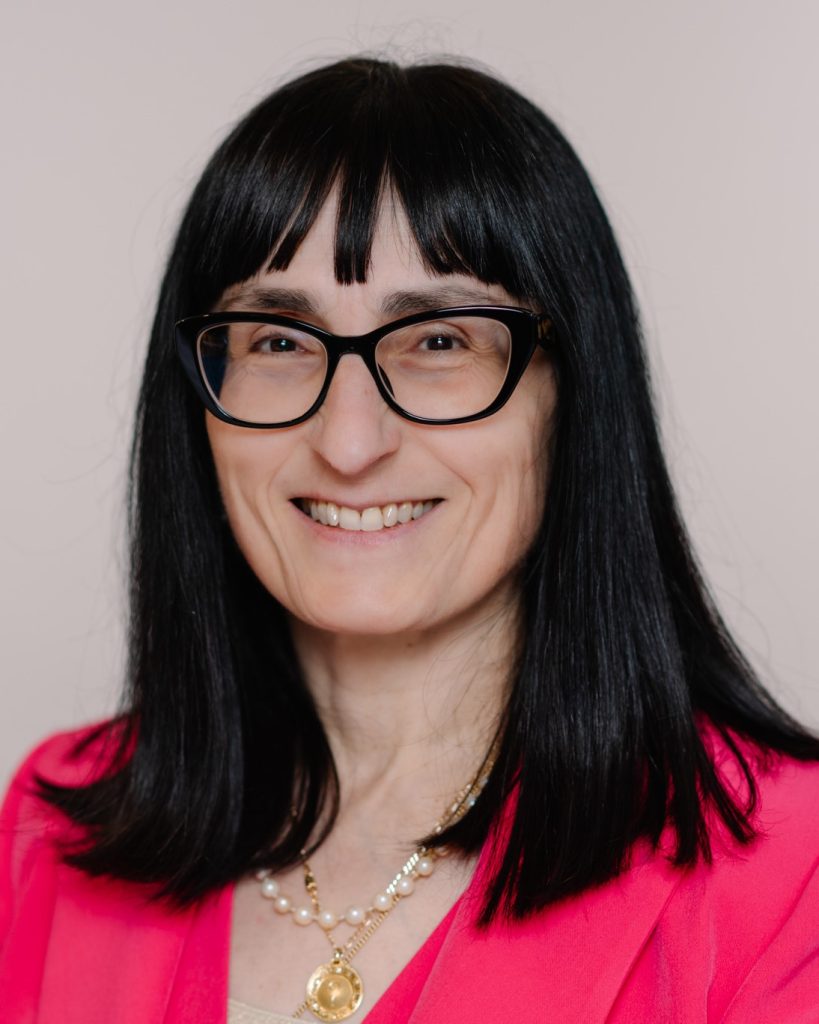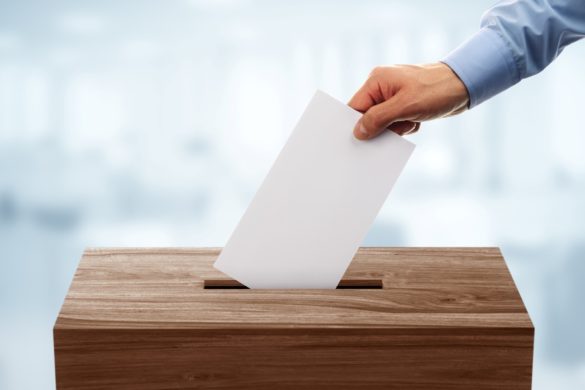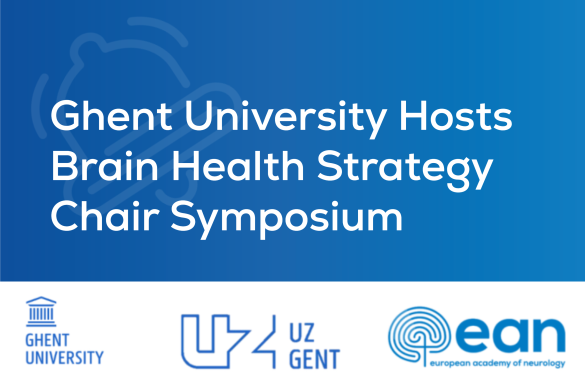Welcome to the August edition of the President’s Corner, our eanNews series, where I answer your questions about the EAN and its various initiatives.
This month, we have a range of insightful queries, and I’m happy to share my responses with you. We begin with a question about the opportunities available to international non-EU students, followed by advice on how to move forward after facing a rejection. Additionally, I address a question about the EAN’s and Brain Health Mission’s new initiative, the Public Brain Health Day, as well as the essential role of the Resident and Research Fellow Section (RRFS).
As always, I look forward to receiving your questions, so keep an eye out for our upcoming posts inviting submissions for next month’s edition. You can also reach out anytime via email.
Best wishes,
Elena Moro, EAN President
I wanted to ask if international non-EU students can also present at conferences?
Non-EU students are eligible to submit abstracts for consideration to present at the EAN Congresses. If your abstract is accepted, you will have the opportunity to present your research either as an oral presentation or a poster. To submit your work, you must first become an EAN member, which is free for students. Once you have become a member, you can submit your abstract through the official submission process when the call for abstracts opens.
I am FEBN certified; how to get a fellowship after rejections?
If you’ve faced rejection after applying for a fellowship, the best approach is to view it as an opportunity for growth. Try to gather feedback from the fellowship committee to understand the reasons behind the rejection; this will help you refine your future applications. Networking with mentors, previous fellows, and colleagues who have successfully obtained fellowships is important, as they can provide guidance on how to improve your application and offer insights into other potential opportunities.
Additionally, consider gaining further experience, either through clinical practice, research, or additional qualifications, which can make your profile stand out. In the meantime, look into alternative fellowships and be persistent. Many applicants face multiple rejections before being selected, and with continued effort, the right opportunity will eventually arise. I would recommend keeping an eye on the Fellowships and Funding webpage to learn about new opportunities.
What inspired the EAN to organise the Public Brain Health Day in Helsinki, and will there be more editions of this event in the future?
The Public Brain Health Day was designed to raise awareness and make brain health knowledge accessible to everyone, bridging the gap between medical professionals and the general public, and offering practical insights for everybody.
As the inaugural edition was a success, I am pleased to inform you the Public Brain Health Day will be held again next year in Geneva, continuing the mission to include more people in the conversation about brain health.
What role do the RRFS play within the European Academy of Neurology, and how can I get involved?
The Resident and Research Fellow Section (RRFS) is dedicated to representing, informing, and supporting neurology trainees on an international level, playing a vital role in many EAN activities. The section has active representatives in several key committees, including the Education Committee, Teaching Course Subcommittee, Ethics and Quality Task Force, Communication Committee, Scientific Committee, and various EAN panels, ensuring that the needs and perspectives of young neurologists are integrated into decision-making processes. Very recently, the EAN General Assembly has approved that the RRFS representative to the EAN Board (usually the RRFS chair) becomes a full member of the EAN Board, meaning that young neurologists and trainees are more represented and more important in the EAN life and structure.
If you are a medical doctor currently working as a resident in neurology, a research fellow, PhD student, or a neurologist with no more than three years of practice after completing your degree, you can apply for EAN-RRFS membership. More details on how to apply can be found in the membership section of the EAN website.













